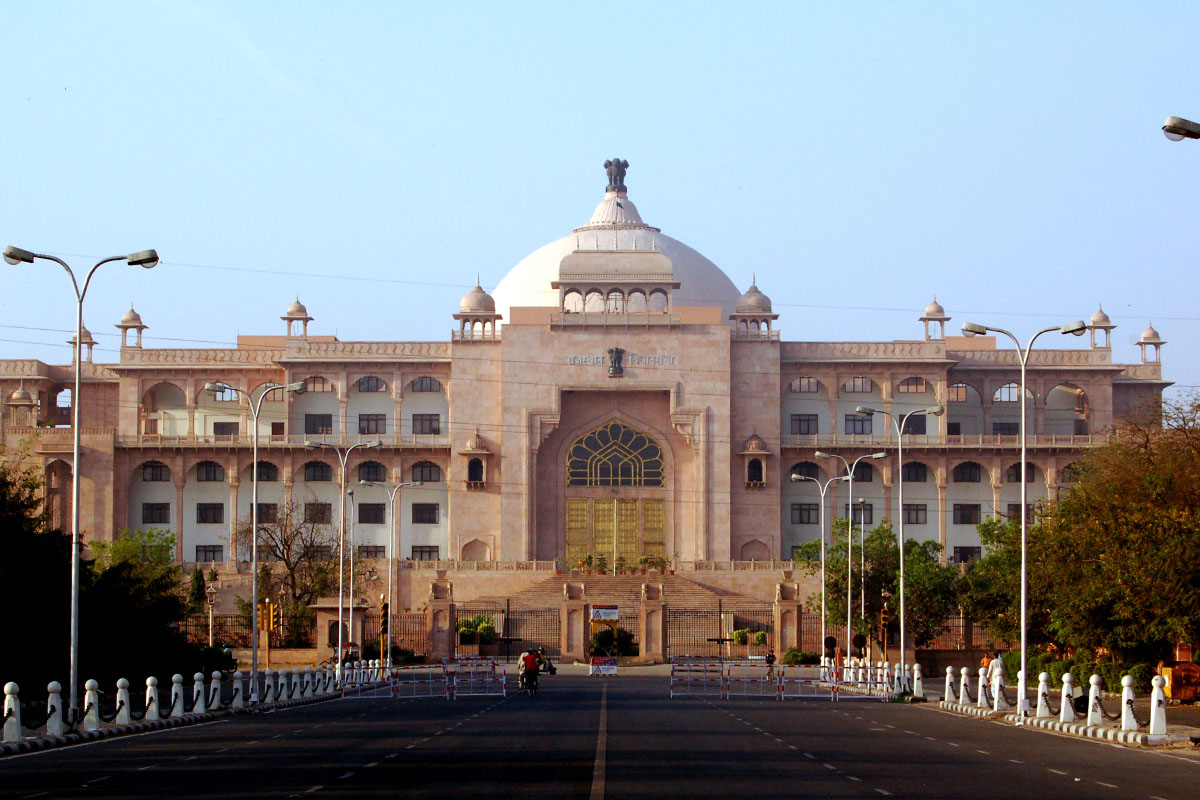The Madhya Pradesh High Court recently held that the rejection of a wife’s application for maintenance under Section 125 of the Code of Criminal Procedure (CrPC) does not bar her from seeking monetary relief under the Protection of Women from Domestic Violence Act (DV Act).
Justice Prem Narayan Singh said that a decision taken in a case under Section 125 CrPC and under Section 12 of the DV Act have no binding effect on each other.
“If, in proceeding under Section 125 of CrPC, the application of wife seeking maintenance is rejected by the Family Court, such wife would not be precluded from claiming maintenance or other monetary remedy under the provisions of the DV Act,” the Court’s order stated.
The Court passed the order on a criminal revision plea challenging a magistrate’s order directing a husband to pay ₹5,000 as interim maintenance under the DV Act to his wife.
The order was challenged mainly on the ground that the woman’s application under Section 125 of the CrPC for maintenance had earlier been dismissed by a family court with a finding that she had been living separately from her husband out of her own will.
The contentions made in the application under Section 12 of the DV Act and the plea under Section 125 CrPC were the same, the Court was told.
It was also submitted that the petitioner-husband was now retired from Army, and was required to look after his parents and a little sister.
The arguments were opposed by the counsel representing the wife who said that the proceedings under Section 125 CrPC and the DV Act were on different footing.
The Court considered the question of whether the family court’s order under Section 125 CrPC could have any binding effect on the order to be passed by another court under the DV Act and whether the two proceedings were relevant to each other when they involved the same party.
The bench relied on the Supreme Court’s ruling in Nagendrappa Natikar vs Neelamma for guidance, in which the top court had held that any order passed under Section 125, CrPC cannot prevent a wife from seeking remedies under the Hindu Adoption and Maintenance Act.
“In upshot of the aforesaid ratio, the law laid down by Hon’ble the Apex Court, it is obviously established that a decision taken in the case under Section 125 of Cr.P.C. and under Section 12 of the D.V. Act, have no binding effect on each other,” the High Court held.
The Court also noted that Section 43 of the Evidence Act clearly mandated that the judgments, orders or decrees, other than those mentioned in Sections 40, 41 and 42, are irrelevant, “unless the existence of such Judgment, order or decree, is a fact in issue or is relevant under some other provision of this Act.”
Therefore, the bench concluded that it was clear that the findings given in the order of the family court regarding the non-existence of sufficient cause to grant maintenance was not relevant to the DV Act case.
The bench also relied on a Supreme Court’s ruling where it was held that if maintenance is awarded under one statute, that by itself would not preclude the claimant from raising another claim under a different statute for maintenance.
Thus, the Court found the petition filed by the husband to be devoid of merits and dismissed it accordingly.
Advocate Vinay Puranik represented the petitioner.
Advocate Devendra Singh represented the respondent.
Source Link




